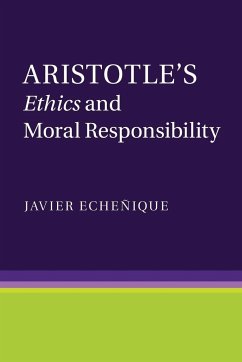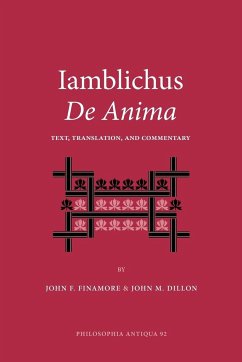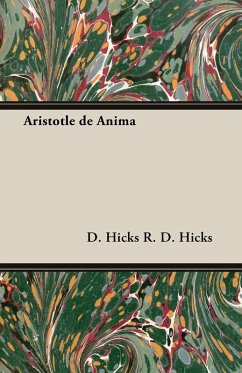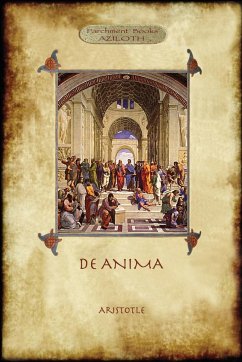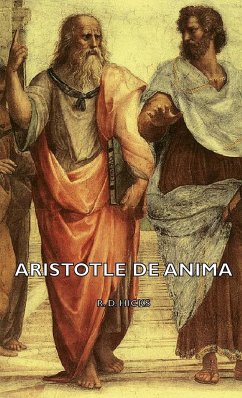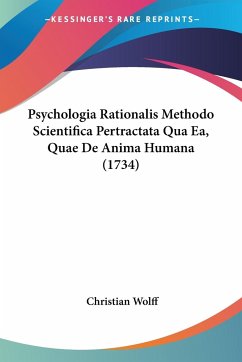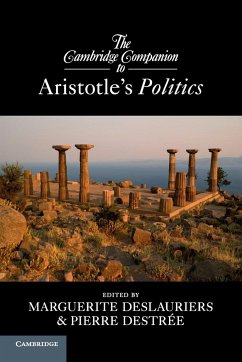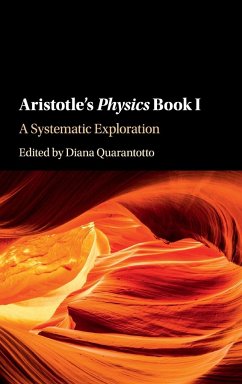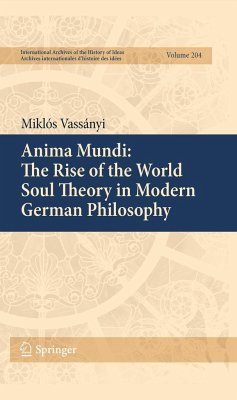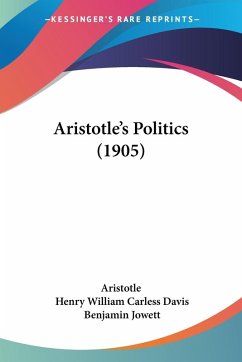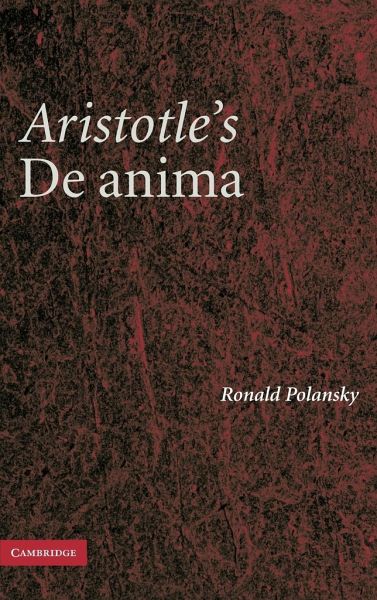
Aristotle's De Anima
A Critical Commentary
Versandkostenfrei!
Versandfertig in 1-2 Wochen
146,99 €
inkl. MwSt.
Weitere Ausgaben:

PAYBACK Punkte
73 °P sammeln!
Aristotle's De anima is the first systematic philosophical account of the soul, which serves to explain the functioning of all mortal living things. In his commentary, Ronald Polansky argues that the work is far more structured and systematic than previously supposed. He contends that Aristotle seeks a comprehensive understanding of the soul and its faculties. By closely tracing the unfolding of the many-layered argumentation and how Aristotle fits his inquiry meticulously within his scheme of the sciences, Polansky answers questions relating to the general definition of soul and the treatment...
Aristotle's De anima is the first systematic philosophical account of the soul, which serves to explain the functioning of all mortal living things. In his commentary, Ronald Polansky argues that the work is far more structured and systematic than previously supposed. He contends that Aristotle seeks a comprehensive understanding of the soul and its faculties. By closely tracing the unfolding of the many-layered argumentation and how Aristotle fits his inquiry meticulously within his scheme of the sciences, Polansky answers questions relating to the general definition of soul and the treatment of each of the soul's principal capacities: nutrition, sense-perception, phantasia, intellect and locomotion. The commentary sheds new light on every section of the De anima and the work as a unit. It offers a challenge to earlier and current interpretations of the relevance and meaning of Aristotle's highly influential treatise.





